The global perspective on Cannabis real estate is experiencing a seismic shift, marking a significant turning point in its legal status and societal acceptance. The Green Revolution, as it is often called, refers to the growing movement to decriminalize and legalize Cannabis real estate for medical and recreational use.
Cannabis real estate, commonly known as marijuana, has a long history of being stigmatized and criminalized. However, in recent years, there has been a growing acknowledgment of its potential medicinal benefits, leading to a reevaluation of its legal status. The changing legal landscape surrounding Cannabis real estate reflects a more nuanced understanding of the plant and its compounds, such as cannabinoids.
Several countries and states have taken bold steps toward Cannabis real estate legalization, recognizing its therapeutic properties and economic potential. Medical Cannabis real estate, in particular, has gained acceptance for its role in alleviating symptoms associated with various medical conditions, including chronic pain, epilepsy, and cancer. This shift in perception has paved the way for a burgeoning industry that extends beyond pharmaceuticals, incorporating areas like wellness products, edibles, and even Cannabis real estate-infused beverages.
As Cannabis real estate becomes more mainstream, governments are grappling with the complexities of regulation. Striking a balance between public safety and individual freedom is a key challenge. Strict quality control measures, age restrictions, and education campaigns are being implemented to ensure responsible use and mitigate potential risks.
The economic impact of the Green Revolution is undeniable. Legal Cannabis real estate markets have created new opportunities for entrepreneurs, generating jobs and tax revenue. The industry’s growth has also spurred innovation in cultivation techniques, leading to more sustainable and eco-friendly practices.
However, challenges persist. The stigma associated with Cannabis real estate remains deeply ingrained in some societies, hindering progress and acceptance. Additionally, the disparities in how Cannabis real estate-related offenses are addressed have prompted calls for criminal justice reform. Activists argue that legalizing Cannabis real estate is not only about business and health but also addressing social justice issues.
In conclusion, the Green Revolution is reshaping the narrative around Cannabis real estate, challenging preconceptions and fostering a more informed and open-minded approach. The legalization of Cannabis real estate is not just a legal shift; it’s a cultural and societal evolution. As more regions reconsider their stance on Cannabis real estate, the global conversation around this plant continues to evolve, reflecting a changing attitude toward its potential benefits and risks.

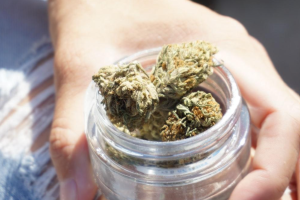





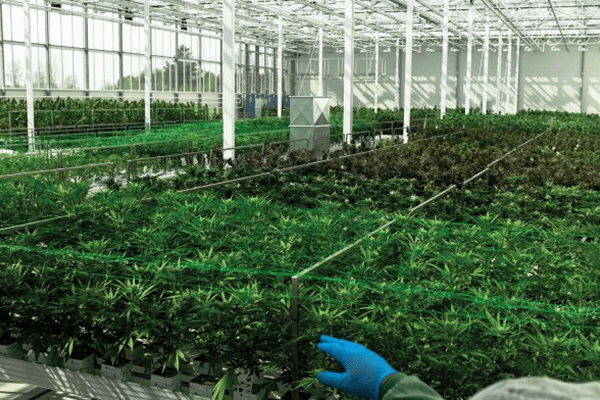

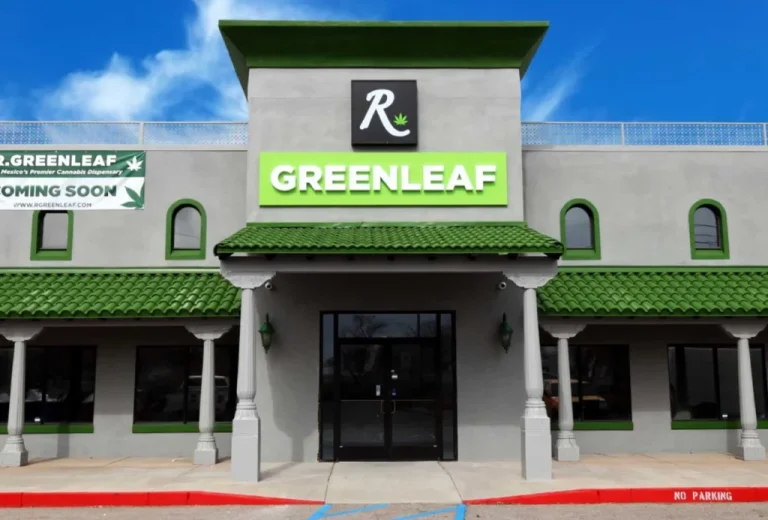


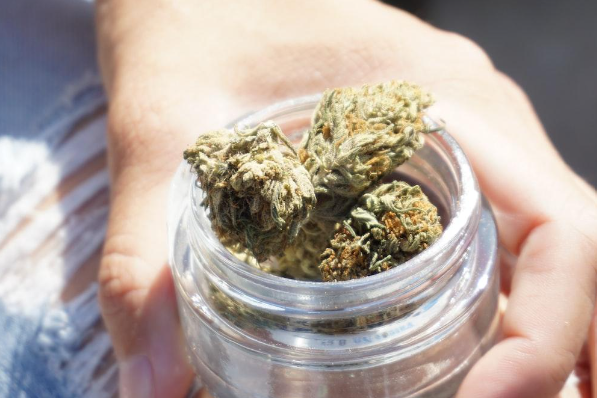




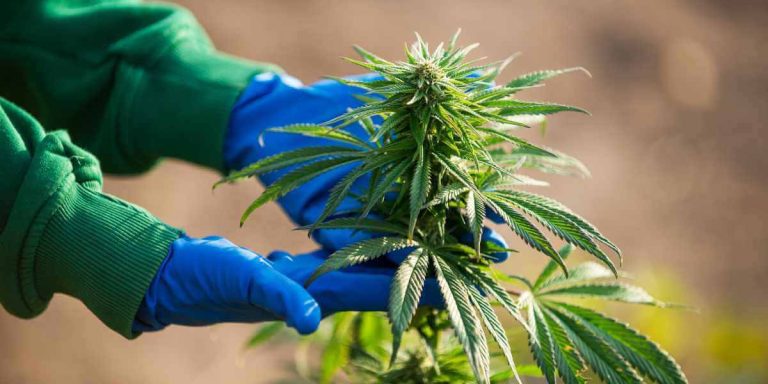
+ There are no comments
Add yours